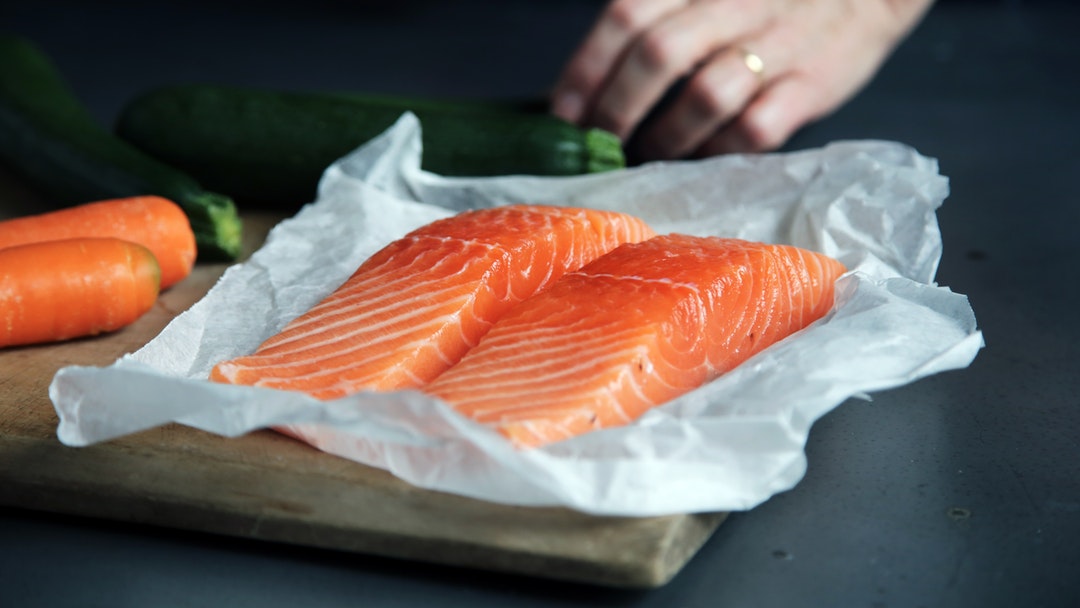Picture this. You suddenly have a craving for salmon or tuna fish and quickly run to the nearby seafood store to purchase some. On the shelves, you have the choice to buy fresh or frozen fish.
A thought strikes your mind, and you decide to ask the fishmonger how fresh the seafood labeled “fresh” is. Because they’re a reputable dealer, they tell you it’s actually “not fresh,” but rather “previously frozen.” You become confused and no longer know what choice to make.
In your mind, you thought fresh seafood meant straight from the seas. Most likely, you also belong to the school of thought that asserts, “fresh seafood is better than frozen.”
Well, that’s not always the case!
It may come as a shocker, but the best quality seafood is often frozen. Here are crucial things to note about buying fresh or frozen seafood:
Modern Freezing Techniques
Because more than 80 percent of all the seafood consumed in the U.S. is imported, most of it has to be frozen for transportation. Otherwise, it would spoil before reaching the country, let alone your local fish market or grocery store. Most reputable fishmongers will not lie to you that seafood labeled as “fresh” was frozen before being placed for sale.
Today, modern freezing techniques have made it possible for fish and other types of seafood to stay fresh more so than what is termed as “fresh” on the market. This is because seafood is now frozen immediately after capture. And because seafood quality is determined by how well it’s maintained since capture, modern freezing makes frozen seafood a better choice.
Advanced freezing technology allows fishermen to lock in the freshness of seafood! When the fish is caught, handled right, and frozen immediately, the clock on its freshness literally stops.
There Are Upsides to Buying Frozen Seafood
Frozen seafood is often of better value than fresh seafood. This is especially true when you can’t tell how fresh the fish is that you’re buying on the market, or how long it has stayed on the shelves.
A study conducted in 2016 and funded by the National Fish and Wildlife Foundation found that frozen fish was preferred to their fresh counterparts. The study also measured the quality of the frozen and fresh fish based on the conductivity of their cell structure. It found that frozen fish scored three times better than fresh ones.
Frozen seafood is easier to transport than time-sensitive fresh that are shipped by air. This makes it generally cheaper in the market. Freezing also extends the season of certain seafood, making sure your craving is satisfied with fresh salmon even a few months after they’re no longer being harvested.
So, Fresh or Frozen Seafood for You?
You can go with either, but there’s clearly a case for frozen seafood! Whether you buy fresh or frozen seafood, what matters is how well it has been handled. Not all fresh seafood is genuinely fresh, and not all frozen fish is created equal!
When buying frozen seafood, make sure it’s vacuum-sealed or with a thick glaze of ice on it. Learn how to tell if the seafood you’re buying has been properly stored or not. Contact us to learn more about seafood!



Recent Comments